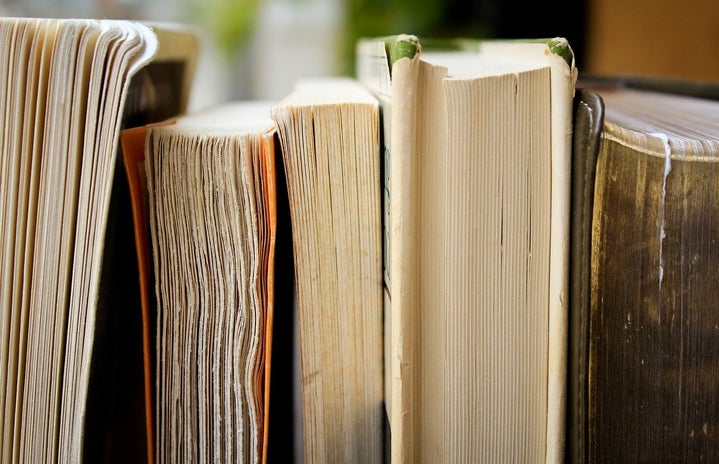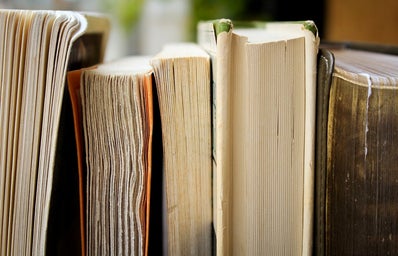The Indigenous community has a history of being grossly misrepresented throughout all forms of popular culture; often portrayed as brutal savages, drunk vagrants, or noble escorts sacrificing their life for the white man. Even in recent years it can be difficult to find authentic representations of the vastly diverse Indigenous population throughout North America, so it is important to highlight voices within the community so their stories can be told in their most accurate and purest forms. There are several talented Indigenous authors from an array of different tribes across Canada and the United States who have chosen to share their stories with the world through works of fiction and nonfiction. Unfortunately, you may not be familiar with these names, so I’ve compiled some of my favourite novels written by and about Indigenous communities that you need to read.
Monkey Beach (2000) by Haisla/Heiltsuk writer Eden Robinson takes place in her home village Kitamaat, British Columbia and follows Lisamarie as she reflects on her life prior to the disappearance of her brother Jimmy. As she contemplates her past she begins to recognize a growing spiritual ability that allows her to communicate with other worldly prescences. Robinson explores the generational trauma that results from the horrific experiences in residential schools but also considers how a connection to one’s Indigenous culture through family bonds and spirituality can be a form of healing. The novel engages the passage of time in a very linear manner, a concept quite common throughout Indigenous ideology, and thus forces the reader to be extra attentive to the storyline. If you aren’t going to pick up this book for the delicately crafted narrative, you may also be intrigued to learn more about the Haisla culture as Robinson details their mythology, hunting practices, and language.
Indian Horse (2012) by Ojibwe author Richard Wagamese and is a definite page-turner. The story centers around Saul Indian Horse who is telling his story of surviving residential schools during a group therapy session. He copes with the atrocities of residential schools by practicing hockey and he develops into a young prodigy within the sport, eventually landing a job playing professionally. Yet his aspirations are haunted by his past and the reader accompanies Saul as he attempts to reclaim his stolen culture. Wagamese is a brilliant storyteller, creating realistically flawed characters that are relatable and likeable. Saul’s story is heartbreaking and sheds light on the everlasting psychological damage that remains for residential survivors, yet also maintains a hopeful sense of recovery through the renewal of ancestral connections. Indian Horse was also adapted into a movie which premiered at the Toronto International Film Festival in 2017. You can watch the trailer here.
The Inconvenient Indian: A Curious Account of Native People in North America (2012) by Cherokee writer Thomas King is a piece of nonfiction which attempts to detail the immense history of Indigenous people living in North America. If you think you know a lot about Indigenous history, King’s book will prove you wrong. He discusses a vast amount of topics, such as the media portrayal of Indigenous people throughout recent history, residential schools and the impacts of the Catholic Church, and the relations between Indigenous communities and the Canadian government in regards to land treaties, status, and environmental issues. Yet this barely scratches the surface, and King acknowledges this. It was also recently adapted into a documentary with the same name (watch the trailer for it here). King is an incredibly talented and accomplished writer and has published several other novels, his most recent being Indians On Vacation (2020), which I also highly suggest you check out.


